Using story to divest ourselves from the American ideal of rugged individualism.

Generations Journal, vol. 45, no. 3 (Fall 2021)

Using story to divest ourselves from the American ideal of rugged individualism.

For the second time in their generation, my aunts helped weave together a care plan that would become my inherited responsibility.

‘There are thousands of older adults in prison serving extensive sentences for crimes committed decades ago.’
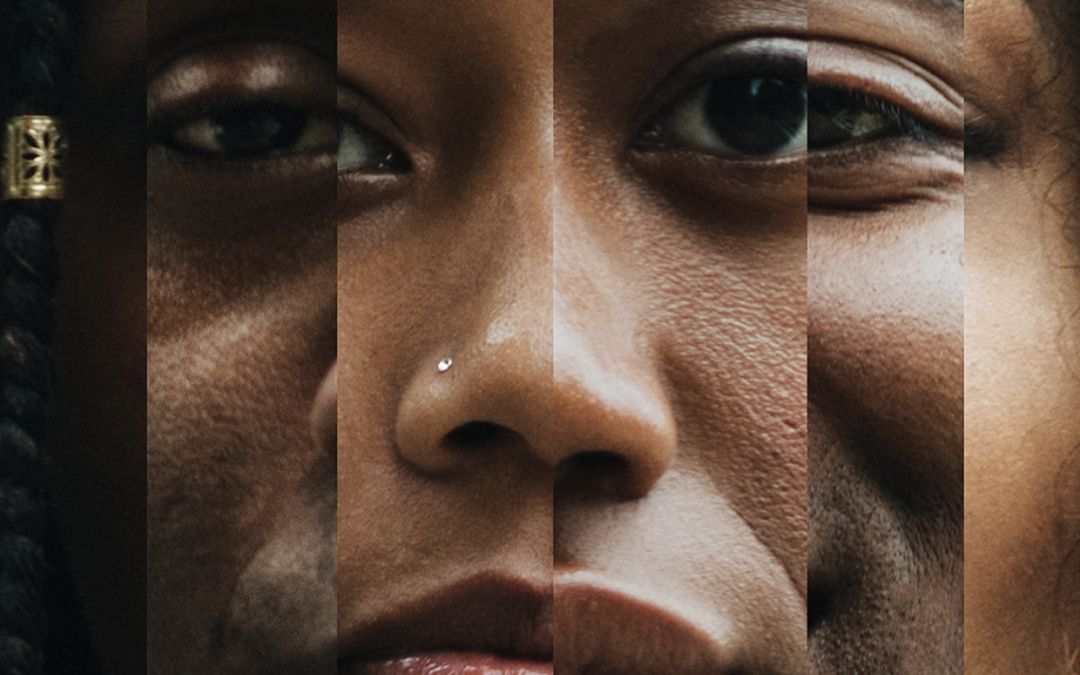
‘Transforming care and caregiving will lead to a more just world, where everyone can age and thrive.’

‘This is an opportunity to put people first through investments that are racially equitable, intentional, and moral.’

The call to support care infrastructure as policy and practice presents a historic watershed moment for youth caregivers.
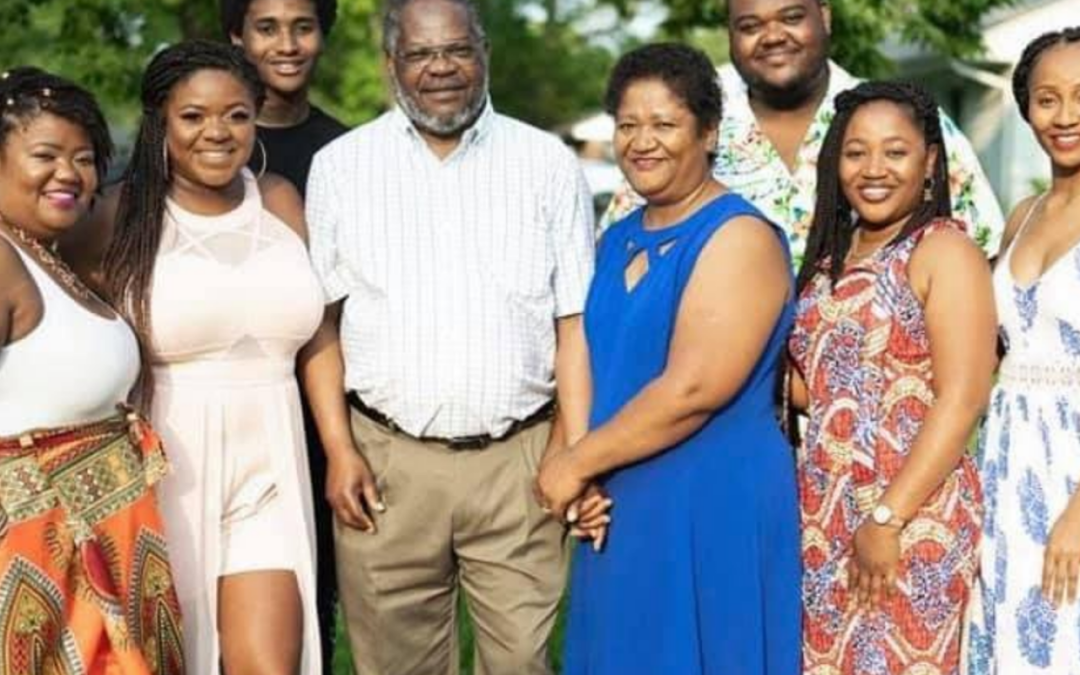
One immigrant family’s story lays out the situation for many.
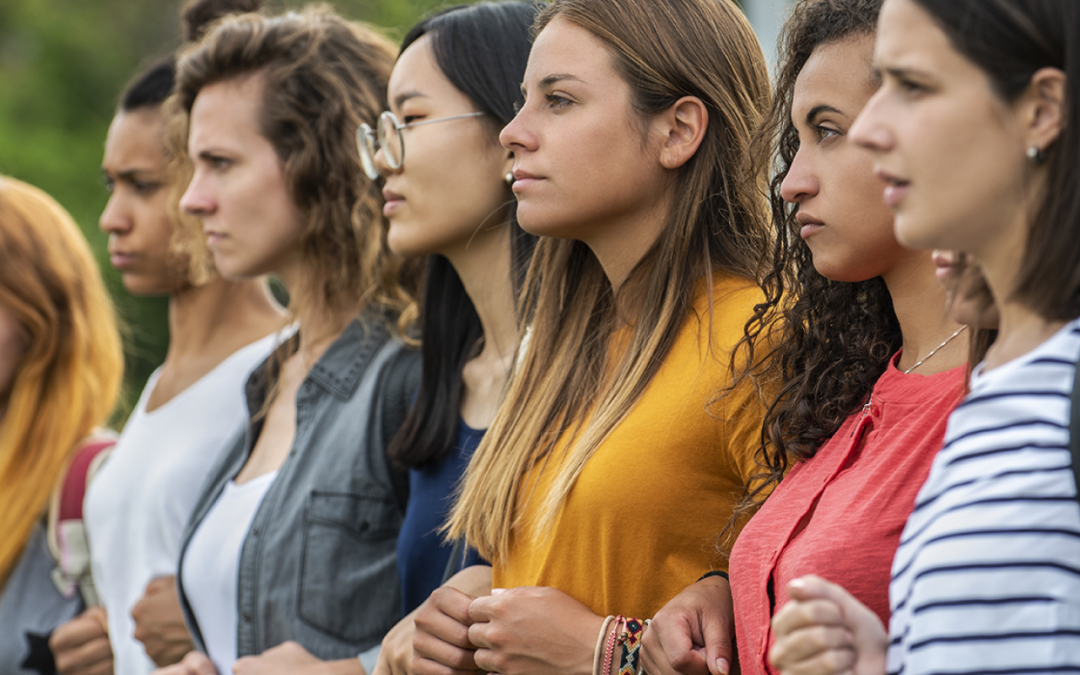
Sustained advocacy could combat America’s short memory.
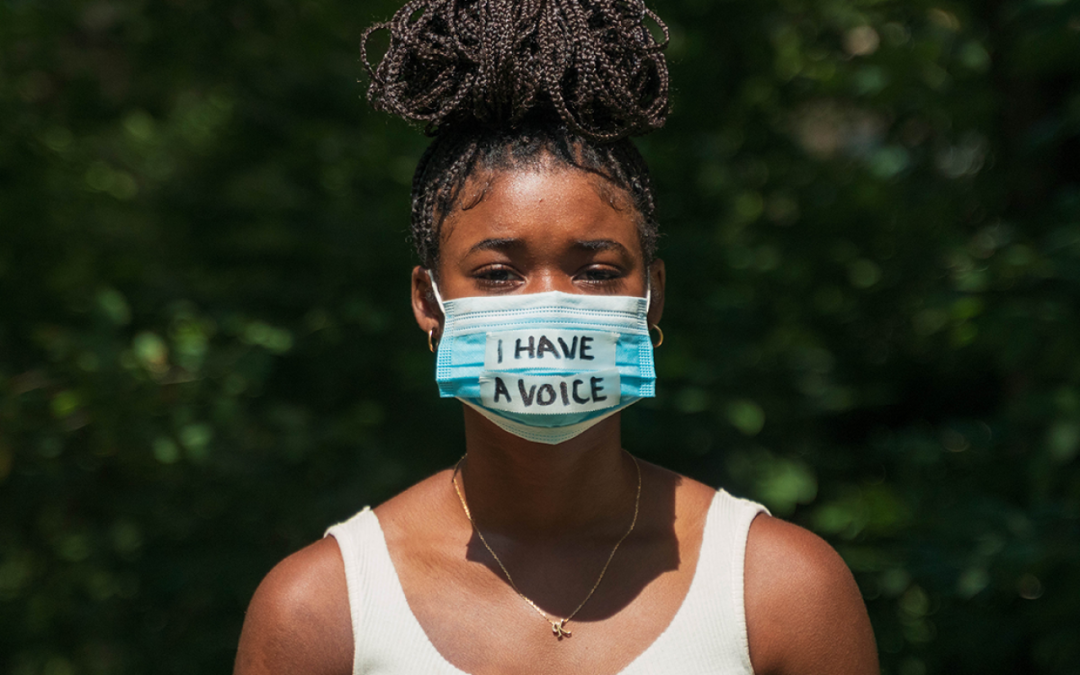
‘Paid family and medical leave could address many of the cultural and economic realities of today’s families.’
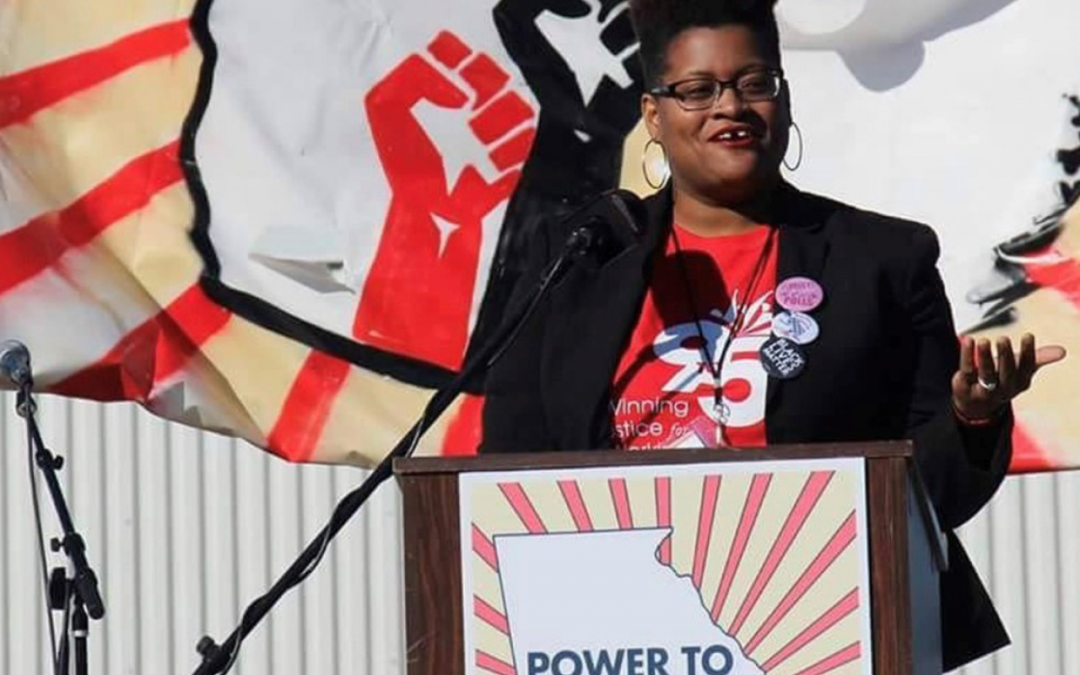
As economic hurt hit the middle class, suddenly a new breed of activists were interested in issues that have always affected BIPOC women.
Generations Journal, vol. 45, no. 3 (Fall 2021)
Abstract: The stories we tell inform and engender narratives, which in turn shape culture and ultimately determine how we perceive the world and our place in it. Stories also have the power to connect us to one another through shared experiences and mutual empathy....
Abstract: Care work is the work that makes all other work possible, although detrimentally undervalued and often unseen. This devaluation is deeply rooted in the historically racist, patriarchal structures of uncompensated slave labor, which viewed caregiving as...
Abstract: This article focuses on elder incarceration and highlights the need for New York Senate Bill S15A, informally referred to as the Elder Parole Justice bill, which failed to pass into law in the early 2021 legislative session. The author quotes Jose Saldana...
This issue of Generations Journal is not an academic exercise. It's personal, it's professional, and it's political. Which wouldn't surprise anyone who has met its Guest Editor, Josephine Kalipeni. The idea of caregiving for Kalipeni is not an abstract one, but an...
Abstract: COVID-19 and its resultant economic decline have underscored inequities faced by women and people of color. In the United States, policymakers pursued different paths when attempting to recover: Some, like state lawmakers in Georgia, chose to cut funding for...
Abstract The estimated 5.4 million children in the United States providing unpaid care, support, and assistance to their family members and other individuals are called “youth caregivers.” Before the COVID-19 pandemic, youth caregivers existed on the fringes of...
Author's Note: I was excited to serve as Guest Editor for this historic issue of Generations Journal. All of its contributors are women of color, which is a first for this publication. My participation is an opportunity to continue the conversation on race, gender,...
Abstract: Care is a universal experience that rose to the top of the national agenda during the pandemic. But it has always been devalued, because it is generally performed by women, by Black and Brown women in particular, with roots in the history of slavery. Care...
Abstract: How do we meaningfully center BIPOC in all aspects of our work to rebuild the care infrastructure? What does this look like in practice? What are practical ways to do this that moves beyond symbolism and representation to real engagement? What are the...
Abstract: Georgia organizers Leng Leng Chancey and Erica Clemmons-Dean take a no-holds-barred look at the connections among the care economy, the pandemic, and the current political climate. The authors analyze these factors and the cumulative Impact on BIPOC women,...
Abstract: This article, based on the author's experience, takes a critical look at the basis for the bias toward nursing home placement for people with severe physical disabilities. The author writes that the roots of such institutional bias lie in anti-Black racism...
Suggested citation for articles in this issue: [Last Name(s), First Name(s)]. “Article Title.” Generations Journal, vol. [#], no. [#] [season and year (ex. Fall 2024)]. [URL]
Generations Journal is the quarterly journal of the American Society on Aging. Each issue is devoted to bringing together the most useful and current knowledge about a specific topic in the field of aging, with emphasis on practice, research, and policy.